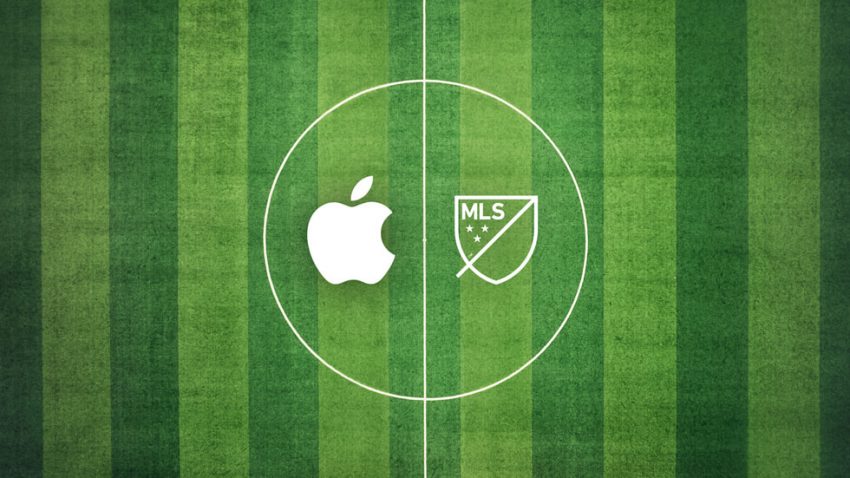Major League Soccer (MLS) is expanding its global broadcast presence, a move that subtly but clearly reveals the league’s dissatisfaction with its current media rights partnership with Apple. While the original promise of the Apple TV+ deal was global accessibility and digital innovation, MLS’s recent actions suggest that the streaming partnership has fallen short of expectations.
According to a report from Sports Business Journal’s Alex Silverman, MLS has secured linear broadcasting agreements for its newly launched Sunday Night Soccer package in several regions, including Australia, Southeast Asia, the Middle East, Spain, Germany, Israel, Malta, and Korea. The league is also actively pursuing more distribution agreements in other territories.
The irony is hard to miss. When MLS signed a ten-year exclusive streaming deal with Apple in 2022, one of the key selling points was Apple TV+’s global reach. However, these new international deals make it clear: that reach hasn’t materialized in the way MLS had hoped. Subscriber numbers for the MLS Season Pass have reportedly been underwhelming, and even those who have subscribed are not tuning in at expected levels.
In contrast to its aggressive international push, MLS’s domestic approach remains stagnant. Aside from a limited linear deal with Fox—one that largely omits star player Lionel Messi and key matches—American fans must rely almost entirely on Apple’s streaming platform to watch games. This strategy has kept MLS out of the spotlight and made it difficult for casual viewers to engage with the league.
By pursuing traditional TV distribution abroad, MLS is effectively admitting that Apple TV+ alone isn’t enough to grow its global audience. In fact, if the Apple deal were meeting expectations, such linear deals might not even be permitted, as they could undermine Apple’s exclusive rights. The fact that Apple isn’t intervening indicates that there’s little to lose at this point.
To be clear, these international broadcasts are limited to the Sunday Night Soccer game each week. Fans overseas will still need to subscribe to Season Pass for full access. But the goal seems to be to entice new viewers through more accessible channels—something MLS isn’t attempting in its home market.
In the U.S., Sunday Night Soccer is available on Apple TV+ without a Season Pass subscription, but it still suffers from discoverability issues. Unlike linear television, where viewers might stumble upon a game while flipping channels, Apple’s platform hides the product behind a digital wall, requiring intentional access and interest.
Until MLS adopts a similar linear strategy domestically, its efforts to grow its viewership—even for high-profile programming like Sunday Night Soccer—are likely to remain limited. As it stands, the league continues to suffer from a lack of visibility, stuck behind a paywall that has yet to prove it can deliver the broad, global audience MLS is seeking.


